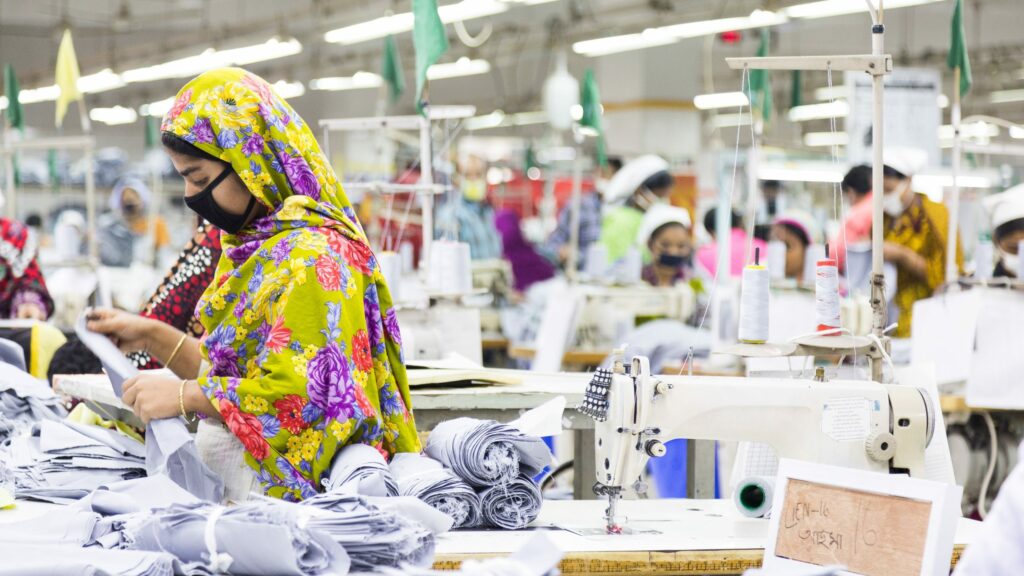This piece originally appeared on the Otto Group Newsroom on August 31. Click here to view the original.

Great success for the occupational health & safety of workers in Bangladesh and worldwide: After intense negotiations, global trade unions and several international companies have formulated a new agreement (International Accord) for health and safety in the global textile and apparel industry. As an active partner in this process, the Otto Group has signed the new International Accord.
Building on the progress of the original 2013 Accord on Fire and Building Safety in Bangladesh, garment brands and global unions have reached a new, expanded agreement on worker safety. The Otto Group was part of the negotiating team and signed the new treaty for a safe and sustainable textile and apparel industry. The new agreement, called the International Accord for Health and Safety in the Textile and Garment Industry, takes effect on 1 September 2021.
By signing the agreement, the companies commit to continuing the progress already made in Bangladeshi factories in collaboration with trade unions and the national garment industry through the local RMG Sustainability Council (RSC), and to improving worker safety across the garment sector now and in the future. The RMG Sustainability Council was created as a direct result of the 2013 Accord.
“The new agreement is not only an important step towards further strengthening employees rights, but also towards preserving progress already achieved in the area of building and fire safety,” explains Prof Dr Tobias Wollermann, Group Vice President Corporate Responsibility at the Otto Group. “In this respect, we are pleased that all stakeholders involved have agreed on this goal and encourage other companies to join us and sign the new International Accord.”
Since 2013, the Otto Group has been continuously active in the Accord as part of its decades-long commitment to safe and responsible production conditions, which began in the 1990s, and explicitly endorses the fact that the new agreement not only includes all relevant stakeholders – companies, trade unions and national actors – but also opens up the perspective of extending the successful concept to other countries in the future.
Otto International has been very involved with the implementation of the 2013 Accord and ensuring their regulations are met. Michael Dumke, CEO of Otto International says that “Bangladesh is one of the largest markets we operate in and this agreement is very significant for Bangladesh, its people and also us as a company. We are proud of this development, and we will continue to support this initiative.”

